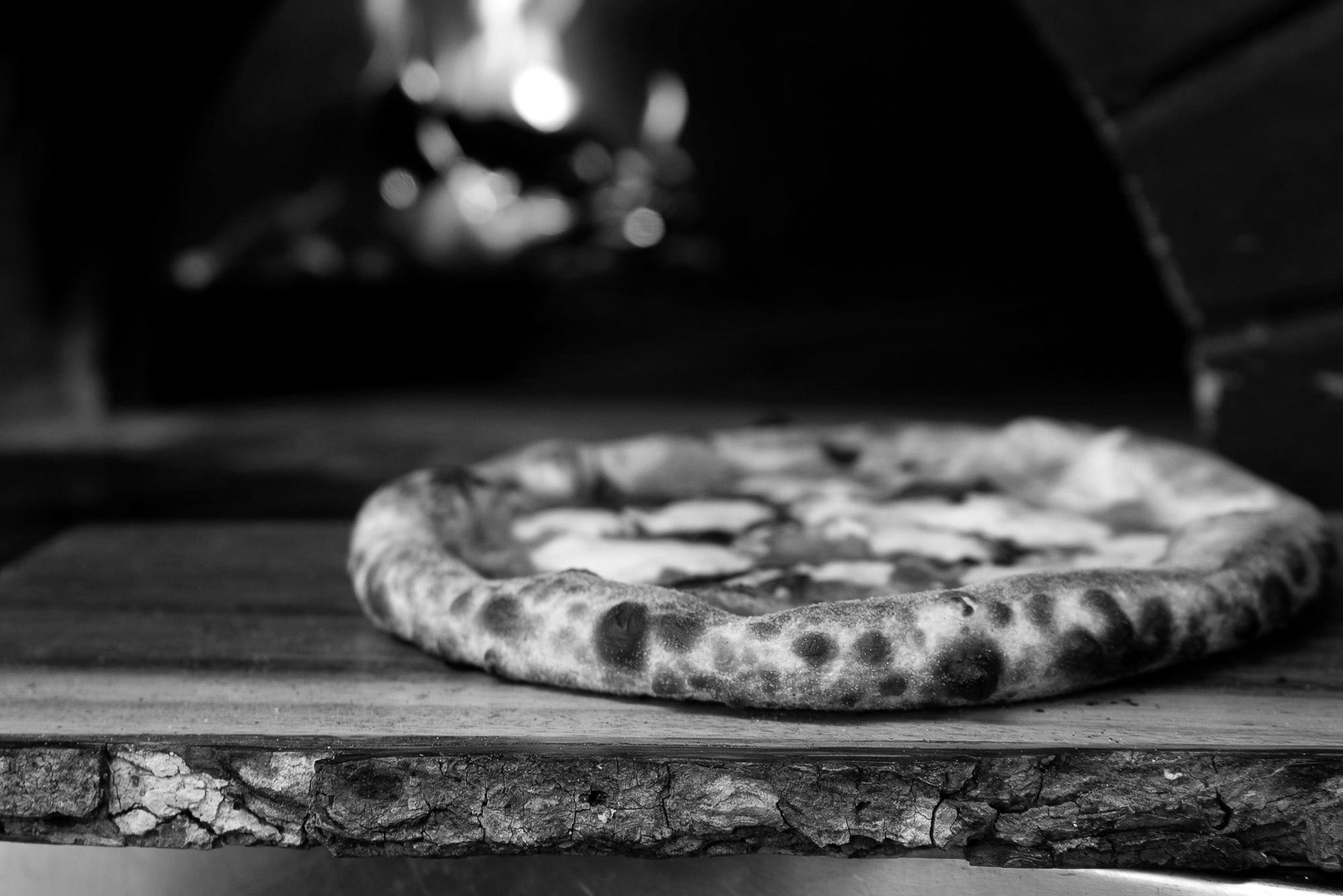A deeply-analytical study of the South African pizza market
In the South African mass market, two topics dominate the national narrative; sport and politics.

It's no surprise that South Africans love fast food, and even though it's not the most popular choice, pizza is a convenience category that is hotly-contested.
Now to be totally honest...we don't eat pizza (past 50 years of age, unnecessary carbs like an innocent slice of pizza means an extra couple of hills on the weekend as punishment for the glycemic load you have subjected your body to). So our faces wouldn't be on any ideal pizza 'target market' synopsis in an overpriced McKinsey slide deck that nobody bothers to read.
Be that as it may, if we had a gun put to our head and were forced to recall the Top 7 pizza restaurant brands that immediately come to mind, our answers would be:
- Debonair's - owned by Famous Brands, wins top-of-mind brand recall because they have an expansive footprint of stores, but there's really nothing sexy about the brand itself.
- St Elmo's - we're not even sure if this brand is still operating, but their branch in Camps Bay was bombed in the early 2000's... and because that shocking incident (and that time) is literally burnt into our brains, the name is now permanently stuck.
- Pizza Hut - again, not sure if they are still in the country. It's one of those American brands that can't seem to make up their minds as to whether they want to be here or not. If they are still here, let's hope the GNU slaps them with a hefty tariff or two.
- Butler's - used to sponsor the Surfski Series back in the early 2000's - the name - and the taste of their outstanding pizza - still sticks.
- Roman's Pizza - have seen some of their striking looking stores here and there. They have a strong visual identity which serves them well.
- Panarotti's - not sure if this brand still exists? It's remembered mainly because of how absent it now is.
- Col’Cacchio - perhaps less mainstream than the others, but certainly nowhere near the top when it comes to immediate recall.
As a non-pizza consumer (so does this even count?) there is no obvious winner of the category. We have Debonair's at #1, but there is nothing outstandingly 'category leading' about the brand itself.
Unlike the 'chicken convenience' category, which - everyone knows - is out-and-out completely dominated by KFC; pizza in comparison in South Africa is very much open to competitive jostling .
How about Roman's Pizza though?
Out of all of the local category players it seems that only Roman's Pizza are spotting the lacklustre indifference of their competitors and aggressively investing in their brand; slowly but surely capturing that all-important top-of-mind awareness with some significant media spend and clever creative execution.
Dare I remind you that the evidence is pretty clear when it comes to the ROI that can be expected from outsized investments into mass market communication.
An Excessive Share of Voice (ESOV) - meaning that the amount spent on advertising by a brand in comparison to it's category competitors - strongly correlates to a capturing of a higher amount of market share from those competitors. And ads that make use of remarkable levels of humour and creativity tend to perform even better.
Strategically Roman's have successfully identified weakness, fear, hesitance in their competitors...and are going all-in for the ESOV kill.
Using satire to win the category
In the South African mass market, two topics dominate the national narrative; sport and politics.
If a brand's intention is to embed itself as a noticeable, relevant and loved part of the culture of South Africa (which for B2C brands that target a broad audience is a smart move) - then for the right brand, using political satire to amplify reach and recall within a category of advertisers, whose messages are largely sterile - is a winning approach.
Nando's obviously have had huge success with this strategy, as have Chicken Licken and others.
Research proves the approach is sound
Yes, researchers from the University of Johannesburg and the University of the Free State have actually researched the topic of the effectiveness of the use of political satire in South Africa to build brand resonance with the conclusion that...'the use of satire by a brand in its advertising. offers consumers a reflection of their lived reality which ultimately builds a strong emotional affinity with the brand as an important part of the cultural landscape.'
Satire makes a brand look relevant and approachable rather than showing up as simply a business trying to sell stuff. It's this manufactured affinity that is of value over the long-term.
Here's the conversion we had with Lester Kiewit on Cape Talk this morning about the Roman's Pizza ad:

The take out
There are a lot of business categories in South Africa where the competitors are all lulled into a false sense of laziness. Maybe it's because they stupidly think that brand building is a waste of money, or maybe they just don't have the expertise to properly reframe the glaring opportunity for them in a way that gives them the confidence to get into the game. Whatever it is, when one of them however wakes up and gets aggressive about winning - that's when the halo of outperformance starts to glow.
Granted, true strategic talent in South Africa is rare. But its within this complacency that outstanding opportunity lies.


